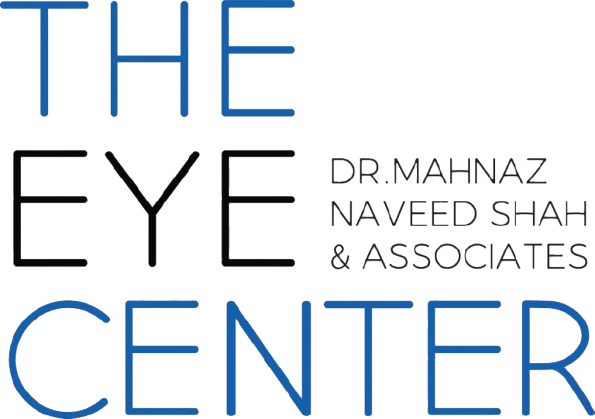Concerns that most glaucoma patients have about their disease and treatment.
Glaucoma is often referred to as the “silent thief of sight,” and because of how it affects sight poses a very serious problem for those who are affected by the disease. This progressive eye condition damages the optic nerve, gradually and irreversibly leading to vision loss when left untreated. Understandably, individuals diagnosed with glaucoma often […]
Do I want or need a multifocal lens after cataract surgery?
The greatest advantage of multifocal or trifocal intraocular lenses (IOLs) lies in their ability to provide a patients with excellent vision at multiple distances simultaneously, while reducing and in some cases even eliminating the need for glasses after cataract surgery. Unlike traditional monofocal lenses, multifocal IOLs can correct near, intermediate, and distance vision, offering greater […]
Choroidal neovascularization (CNV):
Choroidal neovascularization (CNV) is a sight-threatening condition characterized by the abnormal growth of blood vessels beneath the retina. This pathological process can have devastating effects on vision and is a leading cause of vision loss in various retinal disorders. The choroid is a highly vascular layer located between the retina and the sclera in the […]
Choroidal lymphoma:
Choroidal lymphoma, also referred to as intraocular lymphoma or primary vitreoretinal lymphoma, is a rare form of ocular cancer that predominantly affects the choroid, a layer of blood vessels located between the retina and the sclera at the back of the eye. This condition is characterized by the abnormal development of lymphoid cells within the […]
Can a cornea reject after coreal transplantation. how does my doctor prevent this from happening
After a corneal transplant, there is a chance of corneal rejection, however this is rather uncommon. When the body’s immune system perceives a transplanted cornea as foreign and develops an immunological response against it, corneal rejection results. However, there are steps that medical professionals can take to lessen corneal rejection. Your doctor may treat this […]
Small incision lenticule extraction (SMILE)
A more recent kind of laser refractive surgery is known as small incision lenticule extraction (SMILE). This type of surgery uses a laser to treat astigmatism and myopia (nearsightedness) (irregularly shaped cornea). Light rays must pass through your cornea and lens in order for you to see clearly. The light is refracted (bent) by the […]
I have a family history of glaucoma, should i be worried about it?
If you have a family history of glaucoma, it is important to be aware of the potential risk and to take steps to protect your eye health. While having a family history of glaucoma is a significant risk factor for developing the disease, it does not necessarily mean that you will develop it. However, it […]
Why can’t I see at a distance?
Nearsightedness, or myopia, is when near objects appear clear but distant objects appear blurry. This happens when light rays incorrectly bend (refract) due to the shape of the eye or specific portions of the eye. Normally, light rays should fall on the retina (the back portion of the eye), to give a clear image. In […]
Explaining Sixth Nerve Palsy And Why It Causes Double Vision
When the sixth cranial nerve, (also known as the abducens nerve) is injured or malfunctions, it becomes difficult to move the eyes in certain directions. The lateral rectus muscle of the eye receives signals from the sixth cranial nerve and enables the eye to move in a lateral direction. Each lateral rectus muscle in each […]
Why Pigmentary Glaucoma Needs To Be Treated?
A condition known as glaucoma affects the optic nerve permanently and eventually leads to “Tunnel Vision.” Glaucoma is brought on by an increase in ocular pressure brought on by the drainage channel’s obstruction. A kind of secondary open-angle glaucoma known as pigmentary glaucoma is characterised by pigment that leaks from the iris and obstructs the […]
